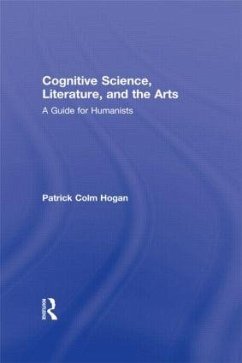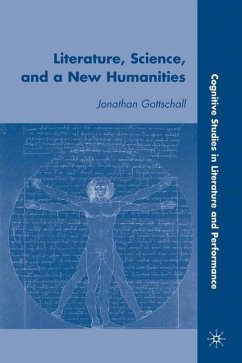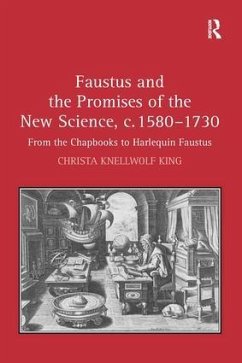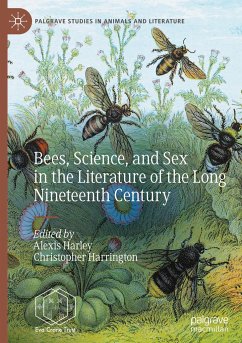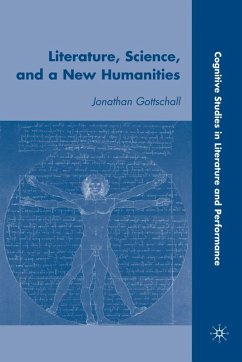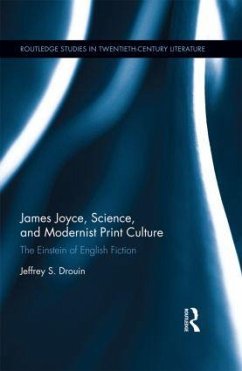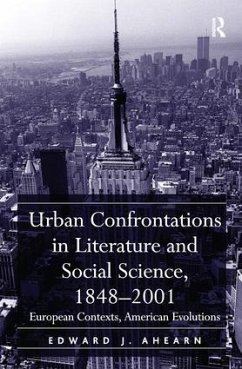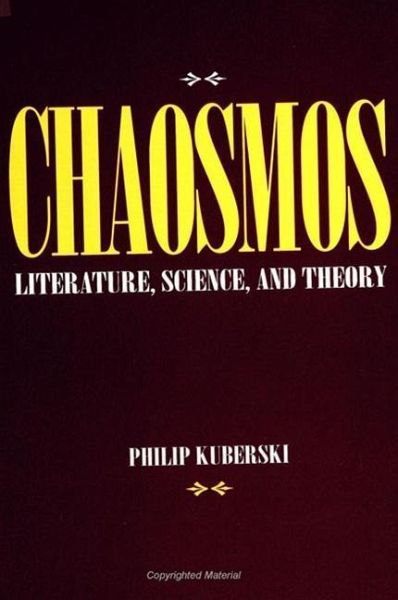
Chaosmos
Literature, Science, and Theory
Versandkostenfrei!
Nicht lieferbar
This book shows how writers like James Joyce, James Merrill, and Doris Lessing; scientists like Gregory Bateson, Ilya Prigogine, and David Bohm; and theorists like Jacques Derrida, Jacques Lacan, and Michel Serres forecasted and initiated a shift away from modernist conceptions of the world as a machine; the self as an isolated, enclosed principle, and representation as a reductive survey of the world and the self. The focus of this book is the "chaosmos" (a Joycean coinage) apparent within the atom and also within analogous "nuclear" sites such as the self, the word, the organism, and the wor...
This book shows how writers like James Joyce, James Merrill, and Doris Lessing; scientists like Gregory Bateson, Ilya Prigogine, and David Bohm; and theorists like Jacques Derrida, Jacques Lacan, and Michel Serres forecasted and initiated a shift away from modernist conceptions of the world as a machine; the self as an isolated, enclosed principle, and representation as a reductive survey of the world and the self. The focus of this book is the "chaosmos" (a Joycean coinage) apparent within the atom and also within analogous "nuclear" sites such as the self, the word, the organism, and the world. By "chaosmos," Kuberski intends a unitary and yet untotalized-a chiasmic-concept of the world as a field of inevitable and intermittent interference and convergence, a multi-leveled complexity from which emerge organisms, languages, and selves. In exploring and mapping chaosmos, Kuberski emphasizes significant convergences of literary and philosophic, deconstructive and organistic, Eastern and Western, and scientific and humanistic points of view.






